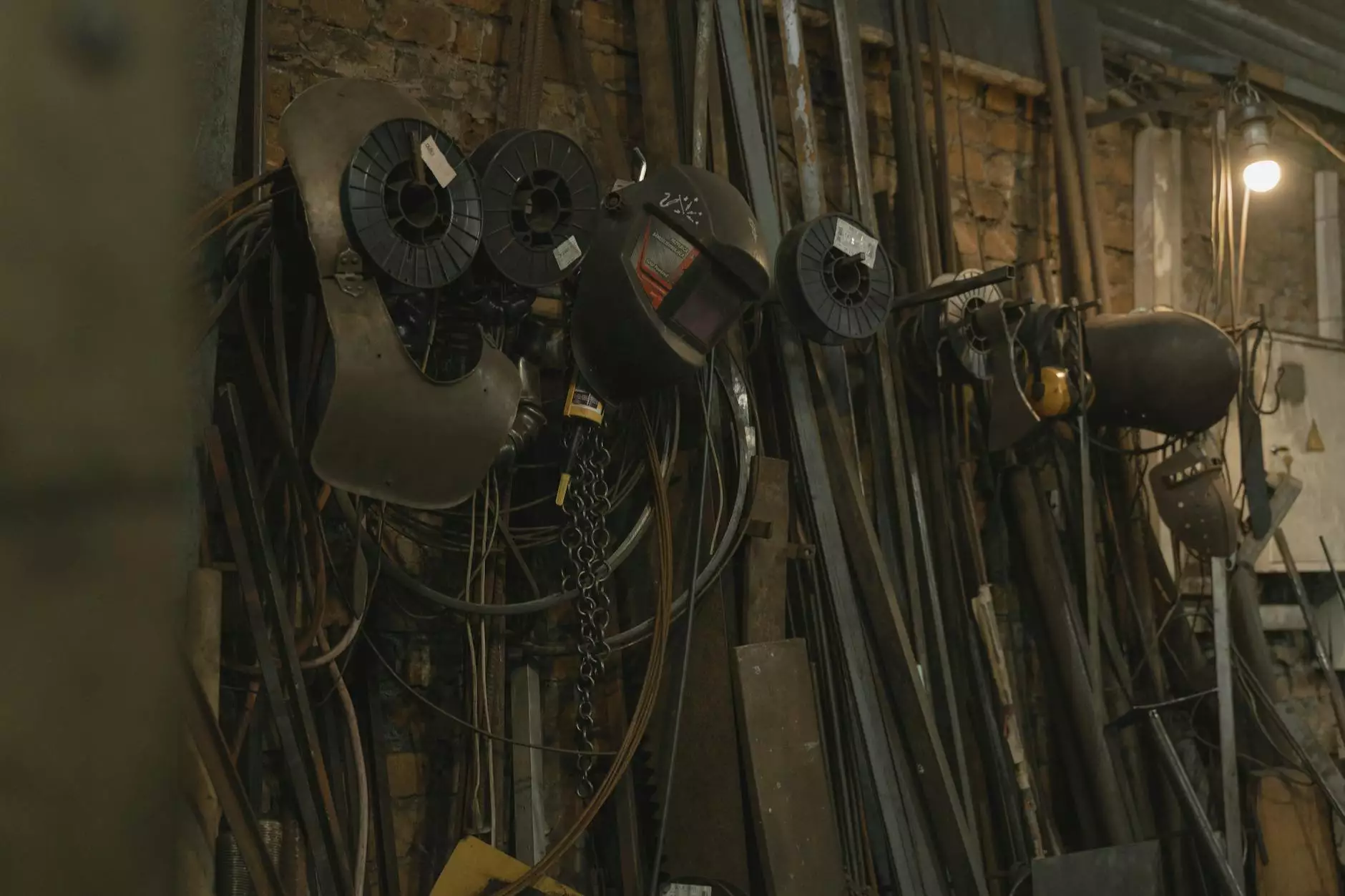Understanding Solenoid Valve Manufacturers: The Backbone of Diesel Engine Parts

In the fast-paced world of machinery and engineering, solenoid valves play a crucial role. These devices are instrumental in controlling the flow and direction of fluid in various applications, especially in diesel engines. As we delve into the realm of solenoid valve manufacturers, we will uncover their importance, types, applications, and how they enhance the efficiency of diesel engine parts.
The Importance of Solenoid Valves in Diesel Engineering
Solenoid valves are electromechanical devices that convert electrical energy into mechanical movement. They are essential for regulating the flow of fluids in a system by opening and closing ports. For diesel engine parts, they help in managing fuel flow, oil lubrication, and even the air intake process. This precision is vital for the performance and longevity of diesel engines.
Key Benefits of Solenoid Valves
- Automation: Their ability to operate automatically makes them a great choice for modern engineering applications, enhancing productivity.
- Efficiency: They ensure smooth and efficient flow of fluids, which is critical for optimal engine performance.
- Reduced Wear: By controlling the flow accurately, solenoid valves contribute to less wear and tear on engine components, thereby increasing lifespan.
- Safety: In case of emergencies, solenoid valves can shut off fluids quickly, ensuring the safety of machinery and personnel.
Diving Deeper: Types of Solenoid Valves
There are various types of solenoid valves, each designed to serve specific functions. A solid understanding of these types is crucial for businesses in the diesel engine parts sector to select the right products.
1. Direct-Acting Solenoid Valves
These valves operate directly from the solenoid coil’s magnetic field. They are ideal for low-pressure applications and are favored for their simplicity and reliability. They can be used for different types of fluids, including gases and liquids.
2. Pilot-Operated Solenoid Valves
These valves use a small amount of fluid pressure to move a larger valve, making them suitable for high-pressure applications. This type is popular in industrial settings where large volumes of fluid need precise control.
3. Two-Way and Three-Way Solenoid Valves
As the names suggest, two-way solenoid valves control the flow of a single inlet and outlet, while three-way solenoid valves have one inlet and two outlets or vice versa. They are crucial in multiple operating modes for controlling fluid direction.
4. Normally Open and Normally Closed Solenoid Valves
Normally open (NO) valves allow fluid flow until electrical power is applied, whereas normally closed (NC) valves do not allow flow until activated. Choosing between these types depends on the specific requirements of the diesel engine system.
Applications of Solenoid Valves in Diesel Engines
Given their versatility, solenoid valves are employed in various aspects of diesel engine functionality:
- Fuel Injection Systems: They help control the amount of fuel injected into the engine, enhancing efficiency.
- Cooling Systems: Managing the circulation of coolant to maintain optimal engine temperatures.
- Air Intake Systems: Regulating air flow into the engine for combustion processes.
- Lubrication Systems: Ensuring that engine components receive the right amount of lubrication fluid when needed.
The Role of Solenoid Valve Manufacturers
Solenoid valve manufacturers play a pivotal role in the functionality of diesel engines. They are responsible for producing high-quality valves that meet industry standards, ensuring reliability and efficiency.
Quality Assurance in Manufacturing
Reputable manufacturers adhere to strict quality control processes. This includes selecting durable materials, conducting regular testing, and complying with safety regulations. High-quality solenoid valves significantly reduce the risk of failures, which could lead to costly repairs and downtime.
Innovation in Design and Functionality
Leading solenoid valve manufacturers invest in research and development to enhance the performance of their products. Innovations may include more compact designs, improved electrical efficiency, and enhanced resistance to wear and environmental factors.
Choosing the Right Solenoid Valve Manufacturer
When selecting a supplier for solenoid valves, businesses should consider the following factors:
- Reputation: Opt for manufacturers known for their reliability and quality.
- Product Range: Check if they offer a wide variety of valves suitable for diverse applications.
- Support and Service: Choose suppliers that provide comprehensive support, including installation and maintenance assistance.
- Certifications: Ensure that they have the necessary certifications indicating compliance with industry standards.
Conclusion: The Future of Solenoid Valves in Diesel Engineering
As the demand for efficient and reliable diesel engines continues to rise, the role of solenoid valve manufacturers becomes increasingly significant. These manufacturers not only produce essential components but also contribute to advancements that enhance engine performance and sustainability.
In summary, understanding the intricacies of solenoid valves and choosing the right manufacturer can provide significant advantages for businesses involved in the diesel engine parts sector. By investing in high-quality valves and embracing innovation, organizations can ensure that they remain competitive in an ever-evolving industry.
For more insights into quality diesel engine parts and spare part supplies, visit client-diesel.com.






